Settling a 20-Year-Old ’28 Days Later’ Debate: Is It a Zombie Movie?
28 Days Later is the best zombie movie that some people don’t consider to be a zombie movie. Can this debate ever be settled?

July 27, 2023 was the 20th anniversary of the theatrical release of 28 Days Later in the United States. The film was instrumental in helping to revitalize the zombie genre in mainstream cinema. But, in the two-plus decades since its release (it was originally released in November of 2002 in the UK and Ireland), people have continually debated one thing: is it really a zombie movie?
Table of Contents
They’re Not Really Dead
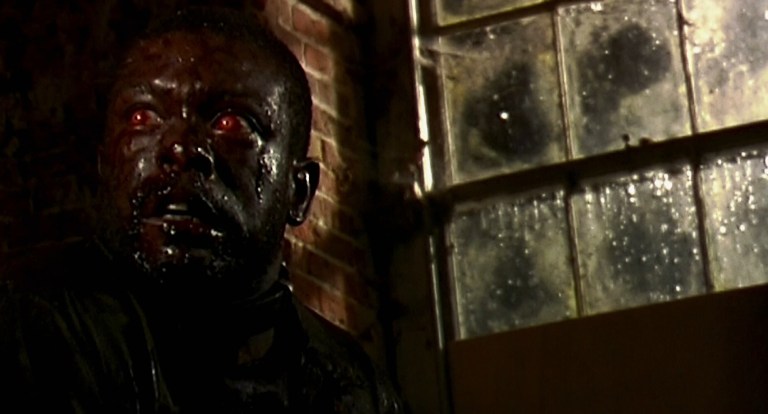
By nearly anyone’s standards, 28 Days Later certainly appears to be a zombie movie. It’s about a small group of people trying to survive in what appears to be an apocalyptic scenario in Great Britain. The dwindling number of humans have to scavenge for supplies while constantly protecting themselves from people infected with a virus that turns them into an ever-growing number of rage-fueled monstrosities. There are also numerous nods to zombie films that came before, making the whole film feel like a new breed of zombie movie for a new millennium.
However, the point of contention for people who argue that 28 Days Later is not a zombie movie comes down to one simple fact: the “zombies” in the movie are not dead. Ever since George Romero’s Night of the Living Dead (1968), most zombies in movies are shown to be (or implied to be) dead humans resurrected in some way. Whether it’s caused by magic, science, aliens, cosmic phenomena, or left as a mystery, the reanimation of the dead is a key factor that many people consider as a requirement for calling a specific type of monster to be a zombie (vampires, mummies, Frankenstein monsters, etc. are different, but that discussion is beyond the scope of this article).

28 Days Later very clearly presents its monsters as living humans infected by a rage virus. They can be killed in the normal ways you would kill a human. They can starve to death. They don’t crave flesh like many other movie zombies do. The infected in 28 Days Later are just driven to kill. So it seems clear, right? The infected are not zombies, therefore 28 Days Later isn’t really a zombie movie. Right?
What the Filmmakers Say
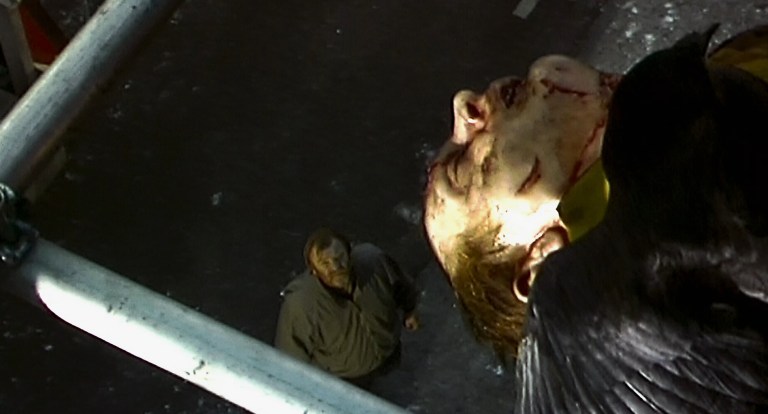
According to the film’s writer, Alex Garland, 28 Days Later is absolutely a zombie movie. In 2022, an interview from Garland originally published in Empire Magazine was cited in multiple articles across the internet and framed as a definitive end to the debate. In the article, when addressing whether or not 28 Days Later is a zombie movie, Garland is quoted as saying, “it’s a zombie movie.” But wait! The very next sentence he says is, “whatever the technical discrepancies may or may not exist, they’re pretty much zombies.” Saying something is “pretty much” a zombie doesn’t sound very definitive.
The director of 28 Days Later, Danny Boyle, is arguably even less definitive with his comments about the genre status of the film. In many interviews over the years, he does refer to the monsters in the film as zombies, or, at least, he refers to 28 Days Later as a zombie movie. In a 2017 interview published on the site Scraps from the Loft, Boyle states, “we wanted a horror/zombie film, but we also wanted it to be more emotional than horror films normally are.” In effect, this statement is similar to Alex Garland’s “pretty much zombies” quote. They can be interpreted as the filmmakers answering the question of whether or not the infected are zombies as “yes, and” or “yes, but.” They are zombies, but they’re also different from the zombies you might be used to.
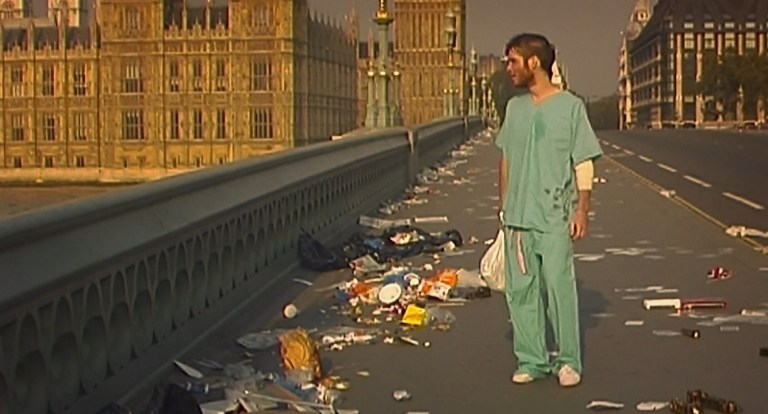
Just to confuse the subject even more, an interview with both Boyle and Garland published in a 2003 issue of Filmmaker magazine posed the question of whether they see 28 Days Later as a zombie movie or an apocalypse movie. Garland answers simply, “apocalypse.” Boyle agrees, saying he was “very worried about people thinking it was a zombie movie.” So there it is. Clear as mud. From the mouths of Danny Boyle and Alex Garland over the years, 28 Days Later is a zombie movie, but it isn’t.
The reason the infected in 28 Days Later feel so different from normal zombies is very easy to understand when you consider where Boyle and Garland both stand on their opinions of the zombie genre. Danny Boyle has said, “I’m not a zombie fan, to be absolutely honest.” Alex Garland, however, is a big fan, saying “when I was a teenager I watched a bunch of zombie films. I really loved them.” Despite their starkly different opinions on zombies, they came together and created a movie that helped redefine zombies, the apocalypse, and contagions on film. Now if only fans on either side of the zombie/not-zombie debate could also come together.
Living Zombies in Film
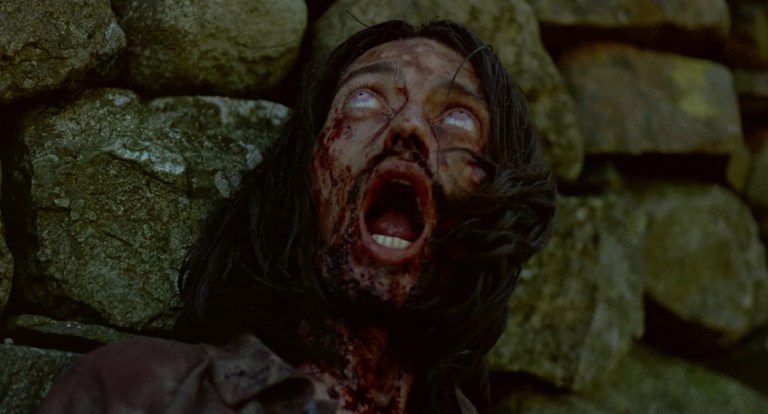
Frankly, most people seem to agree that 28 Days Later is a zombie movie. But even among the people who think this way, they often qualify their statements regarding the movie’s zombiedom by saying the infected are “functionally” zombies. Or that that the film is a zombie movie because of the zombie tropes it references, despite some of the specific traits of the infected. These qualifications all come from the “but they’re not actually dead” argument. The thing is, that argument shouldn’t even matter.
Many zombie movies over the years have featured zombies that aren’t actually the reanimated dead. Lots of other zombie films leave the living or undead status of its zombies unclear. The film often credited as the first zombie movie, White Zombie (1932), treats zombification as a trance more than a resurrection (despite the fears expressed by most of the characters). What this and other movies like it show is that even though the idea of a zombie being a dead person brought back to life has always been associated with zombies on film, in practice the requirement of them actually being dead isn’t necessary.
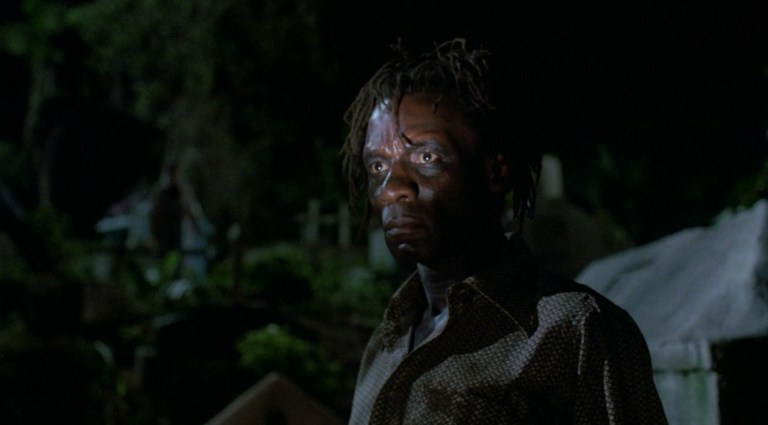
So, using White Zombie as a well-known example, zombies that aren’t actually dead predate the notion that zombies must be the dead brought back to life. This means that, like any other genre of film, the definition of the zombie genre has shifted and evolved over time. The zombie film, as a category of cinema, is already extremely broad to begin with. Such is the case with any genre built around a monster or character type rather than more specific genres that focus on a plot structure (like slashers) or style (like comedies). With the zombie genre being so expansive, there is plenty of room to include movies like 28 Days Later.
Settling the Debate
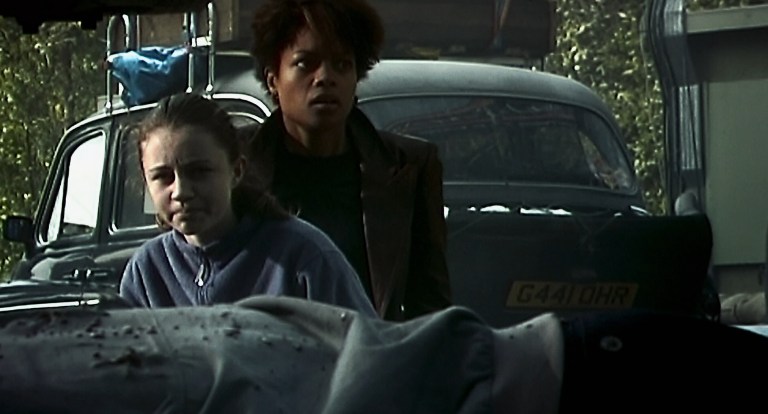
Here’s how we settle the debate about whether the infected in 28 Days Later are zombies or not: we all just need to accept that there are different categories of zombies, and one of those categories includes people who are still alive. Living zombies are essentially people whose minds have been altered to the point of existing in a zombie-like state. This relates back to the the portrayal of zombies from the 1930s through the 1950s in which many of them were people who were under mind control and who may or may not be dead. Even though the zombies in 28 Days Later have their minds altered by a virus rather than a potion or magic, it’s still basically the same idea. Their minds are just controlled by internal impulses rather than an external force.
Most film fans probably already accept the idea of living zombies, but there are still many who don’t accept it. That’s why the debate surrounding the status of 28 Days Later still pops up in comment sections, Reddit threads, and internet think pieces. Does it really matter if some people refuse to accept 28 Days Later as a “true” zombie movie? No, not really. However, to exclude it based on a technicality that blatantly ignores the history of the zombie genre is silly. And to disqualify 28 Days Later from the lineage of zombie cinema is ludicrous given its clear inspirations from previous zombie films and its even more clear influence on the zombie films that came after it.
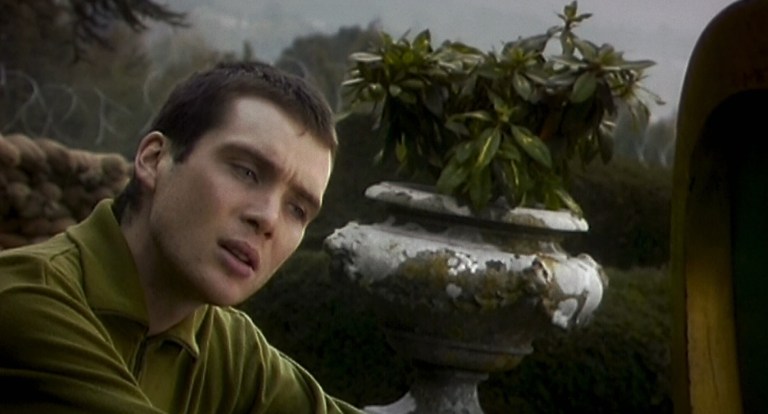
To settle the debate once and for all, here is the final word on the subject. Yes, 28 Days Later is a zombie movie. The next logical question might be, “okay, so what exactly is a zombie anyway?” Short answer: zombies are a combination of many factors that may or may not include aggression and reanimation, but absolutely includes an altered state of mind. The long answer is much more complicated, but that’s a debate for another time.
